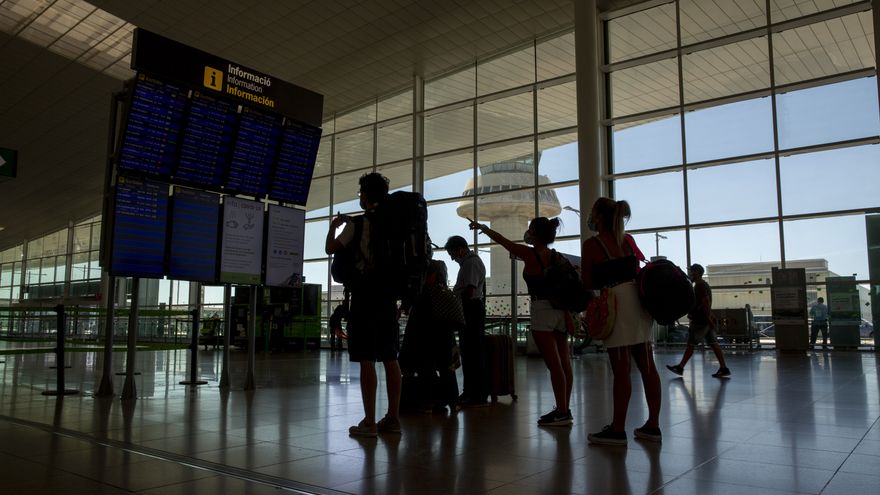The main groups in the European Parliament on Wednesday called for the Coronavirus tests linked to the new European certificate to facilitate tourists’ travel this summer to be free of charge as they are currently “prohibitively expensive” in some Member States and discriminate against Europeans.
“The certificate should be free and the tests should also be free, because the tests are prohibitively expensive in some Member States and it is unacceptable that a test that is compulsory should be prohibitively expensive and therefore discriminatory,” warned the chair of the Justice and Home Affairs Committee and rapporteur for the report, Socialist Juan Fernando López Aguilar.
In a debate with Justice Commissioner Didier Reynders and Portugal’s Secretary of State for European Affairs and current EU Presidency, Ana Paula Zacarias, MEPs showed majority support for a certificate to help restore the fundamental right of free movement, but called for guarantees for data protection and that it will not be used by governments to impose additional national measures.
The aim is to reach agreement between EU institutions in time for the certificate to be ready by the end of June and the parallel technical work to ensure its interoperability is progressing well, Reynders said in the debate with the Europeans.
Both the EU executive and the EU-27 agree in their negotiating positions that the tests should be “accessible” to all Europeans, but avoid going as far as MEPs want to ensure that they are free of charge.
“We share the view that tests should be affordable for all citizens, but issues related to the reimbursement of medical costs, such as coronavirus tests, fall within the competence of the Member States,” Reynders said during the debate with MEPs, pointing out that this is a “complex” issue involving both public and private actors.
Dutch Liberal Sophia in ‘T Veld, a member of the Renew Europe group, replied that free movement is “a right and not a privilege” and that Europeans “should not have to pay for it or assume any privilege”. She reminded Reynders that the Commission has powers in the internal market and called for “creativity”.
Zacarias, for her part, said on behalf of the Council that it is not in their mandate to regulate free testing with this negotiation, but they are open to explore ways to “reduce or eliminate” their costs.
Reynders and Zacarias also referred to the guarantees that the certificate will offer in terms of data protection because, among other safeguards, the medical information that the certificate will collect will be limited to the essentials.
MEPs call for more safeguards to prevent the data from being stored in any European database and also want to make it clear that this is a “temporary” instrument linked exclusively to covid-19 and will therefore be set aside when the pandemic is declared over.

